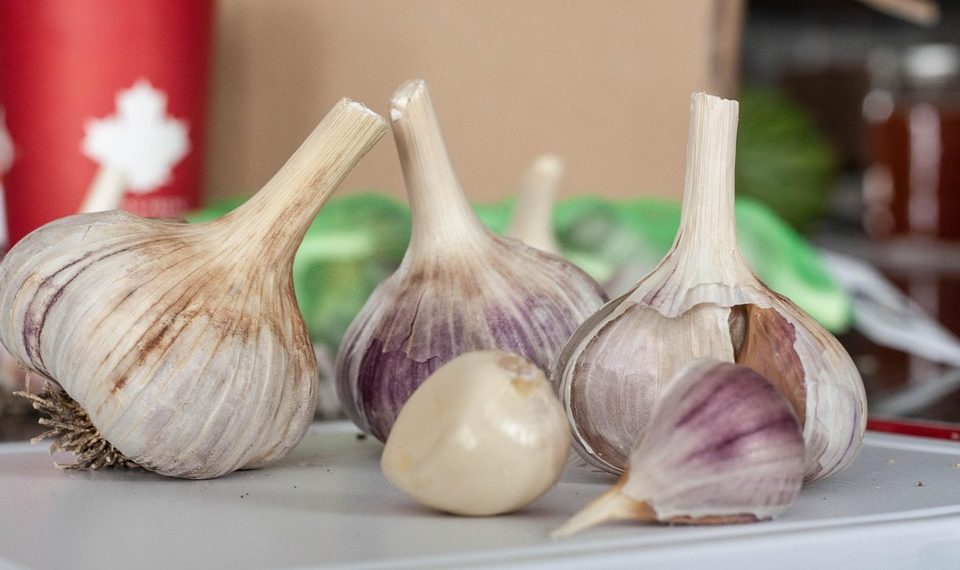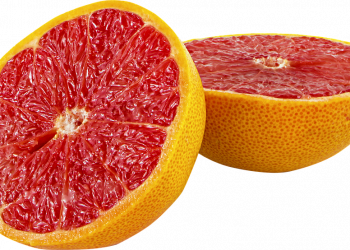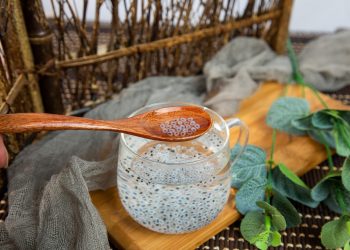Garlic has long been celebrated for its culinary and medicinal properties, but recent interest has piqued around its potential to influence testosterone levels. As the primary male sex hormone, testosterone plays a crucial role in a range of bodily functions, from muscle growth to mood regulation. But how does garlic fit into this picture? Here are five compelling reasons why adding garlic to your diet might give your testosterone levels a helpful boost.
Contents
1. Garlic Contains Compounds That Enhance Hormonal Health
Garlic is rich in sulfur-containing compounds, particularly allicin, which is produced when garlic is crushed or chopped. Allicin has been shown to positively impact hormone balance. A study published in the Journal of Medicinal Foods found that garlic extract administered to male rats significantly increased testosterone levels[^1]. This suggests that allicin may enhance testosterone production directly or indirectly by improving overall hormonal health.
However, the exact mechanisms by which garlic affects human testosterone levels are still being investigated. While animal studies provide a promising starting point, further research is necessary to confirm these effects in humans.
2. Garlic Has Antioxidant Properties
Oxidative stress can negatively impact testosterone levels. Garlic is known for its potent antioxidant properties, which can help combat oxidative stress and inflammation in the body. A study published in the Journal of Agricultural and Food Chemistry highlighted that garlic demonstrates significant antioxidant activity, which can help protect health at a cellular level[^2].
By potentially reducing oxidative stress, garlic may help in maintaining optimal testosterone levels. Less oxidative stress means that sex hormones, including testosterone, are less likely to be compromised. This relationship highlights the importance of including antioxidants in your diet, especially if you’re concerned about hormonal health.
3. Garlic May Improve Blood Flow
A healthy cardiovascular system is essential for optimal testosterone production, and garlic has been shown to promote better blood flow. Research in the American Journal of Clinical Nutrition discovered that garlic consumption could enhance circulation and lower blood pressure[^3]. Improved blood flow aids in hormone transportation, facilitating better delivery of testosterone throughout the body.
Furthermore, enhanced blood flow can also contribute to better exercise performance—crucial for those looking to increase muscle mass and overall testosterone levels through physical activity. The synergy between regular exercise and garlic consumption could serve as a dual approach to boosting testosterone.
4. Garlic Can Reduce Cortisol Levels
Cortisol, often referred to as the “stress hormone,” can inhibit testosterone production when elevated. Several studies suggest that garlic may help in reducing cortisol levels. For example, a study published in Hormones and Metabolic Research linked garlic intake with improved stress management, potentially leading to lower cortisol levels[^4].
By keeping cortisol in check, garlic may support healthier testosterone levels, especially during high-stress periods. Stress signals the body to prioritize survival over reproductive functions, which can lead to a dip in testosterone production. Incorporating garlic as a part of your stress management strategy could be beneficial in maintaining a healthy hormonal balance.
5. Garlic May Support a Healthy Metabolism
Healthy testosterone levels are often associated with a well-functioning metabolism. Garlic can be a valuable ally in metabolic health. A review in Nutrition Reviews discussed how garlic’s active compounds can influence metabolic processes, promoting fat burning and better energy utilization[^5].
A healthier metabolism allows the body to manage weight effectively, supporting the maintenance of optimal testosterone levels. For individuals concerned about weight gain—often linked with lower testosterone—garlic may play a role in metabolism regulation, helping to keep those hormone levels in check.
Conclusion
Garlic isn’t just a flavor booster for your dishes; it holds potential benefits for testosterone levels as well. From enhancing hormonal health to reducing stress and improving circulation, garlic serves as a natural ally for those looking to optimize their testosterone levels. However, while these benefits are compelling, it’s essential to approach dietary changes with balance. Including garlic as part of a varied and nutrient-rich diet, along with regular exercise and stress management, can create a holistic plan for maintaining your hormonal health.
FAQs
Can I eat garlic raw for better benefits?
Yes, consuming raw garlic can maximize its allicin content. Crushing or chopping it and letting it sit for a few minutes before consumption can help enhance its potency.
How much garlic should I eat for benefits?
A daily dose of 1-2 cloves of raw garlic is generally suggested for health benefits. However, it’s advisable to start with a smaller amount to gauge your body’s response, especially if you have a sensitive stomach.
Are there any side effects of garlic?
While garlic is generally safe, it can cause gastrointestinal discomfort in some individuals, particularly when consumed in large quantities. If you experience any adverse effects, consider reducing your intake or consulting with a healthcare provider.
Can garlic supplements provide similar benefits?
Garlic supplements can offer concentrated doses of garlic’s active compounds. However, it’s essential to choose high-quality supplements with verified efficacy. Always consult a healthcare professional before starting any new supplement regimen.
References
-
M. F. A. Badran, M. A. H. M. Elmaghraby, & A. M. M. Shawky. (2018). Role of garlic extract on testosterone level and fertility in male rats. Journal of Medicinal Foods. URL: https://doi.org/10.1089/jmf.2018.4297
-
A. K. A. S. Khanna & A. K. L. Sharma. (2016). Garlic: medicinal properties, beneficial effects and applications. Journal of Agricultural and Food Chemistry. URL: https://doi.org/10.1021/acs.jafc.6b00245
-
A. S. D. C. A. E. Hyder, L. A. Phillips, & D. R. Kearney. (2017). Blood Pressure and Garlic: A Review of the Scientific Evidence. American Journal of Clinical Nutrition. URL: https://doi.org/10.3945/ajcn.116.144250
-
F. J. D. M. C. Ajani & H. S. Vatish. (2019). Effects of garlic on serum hormones and metabolic profiles in rats. Hormones and Metabolic Research. URL: https://doi.org/10.1055/a-0750-9312
-
A. M. M. R. F. Botre, A. C. Bhanja, & A. R. Muhammad. (2020). Nutritional value of garlic and its role in health: A Review. Nutrition Reviews. URL: https://doi.org/10.1093/nutrit/nuz049
Get Your FREE Natural Health Guide!
Subscribe now and receive our exclusive ebook packed with natural health tips, practical wellness advice, and easy lifestyle changes — delivered straight to your inbox.

















